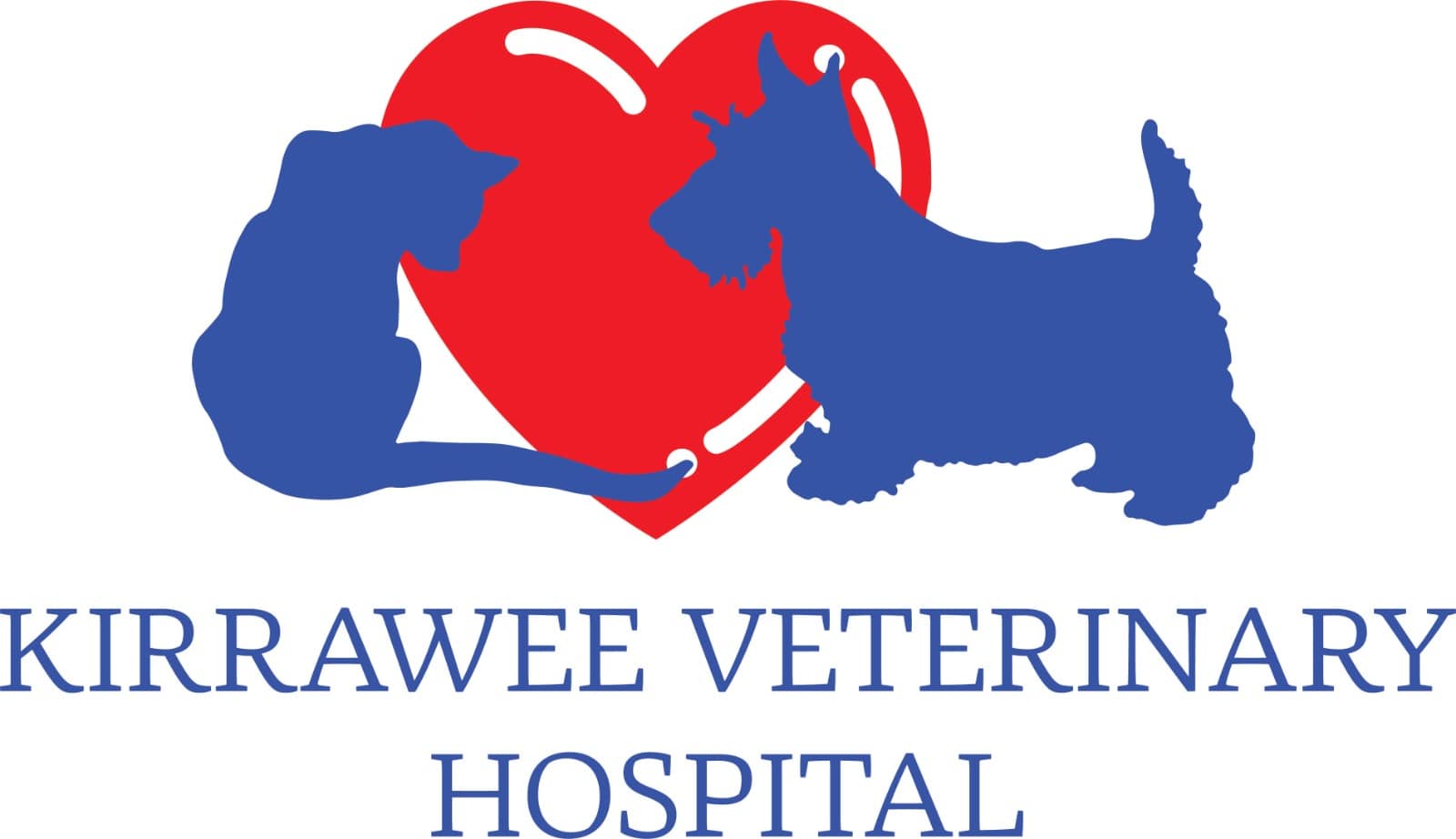Why Should You Vaccinate Your Dog?

Why Should You Vaccinate Your Dog?
There are countless benefits to vaccinating your dogs and cats, and the number one reason is to give you peace of mind that they are protected against life-threatening and painful diseases.
Currently, plenty of misinformation is circulating about vaccinations which is why our expert team at Kirrawee Veterinary Hospital is exploring why you should be vaccinating your dogs at the recommended intervals.
The Benefits of Canine Vaccinations
If your dog isn’t vaccinated, many of the diseases they are left vulnerable to can be fatal. Even if your vet does manage to treat and cure the disease, your dog may be left with long-term, painful problems.
The main benefits of vaccinating your dog include:
- Protecting your dog against life-threatening diseases
- Giving you peace of mind
- Boosting your dog’s immunity against illness
- Preventing the transfer of diseases to humans, such as Leptospirosis
- Saving you a lot of money on vet bills in the long run
Additionally, many boarding kennels and obedience classes will not accept your dog if they aren’t up to date with their vaccinations. You’ll also need the paperwork as evidence. This also applies if you’re planning on taking your dog overseas with you at any point.
What Do Dog Vaccinations Cover?
Your dog should be vaccinated at a puppy, and then they need to receive regular boosters throughout their life to stay protected. Your puppy can begin vaccinations from around 8-weeks of age, receiving a second set 2-4 weeks later.
Canine Parvovirus
Parvovirus is a highly contagious disease that causes bloody diarrhoea and extreme vomiting in dogs. This can be deadly without treatment. Early vaccinations and booster shots every 3 years will prevent your dog from contracting this disease.
Canine Distemper
This is a contagious and deadly virus that attacks your dog’s lymph nodes, respiratory system, urinary system, digestive system and nervous system. It is passed between dogs by saliva, blood and urine. Vaccinations against canine distemper are extremely successful and should be repeated every 3 years.
Leptospirosis
This is a bacterial infection that attacks your dog’s nervous system and internal organs. Leptospirosis is transferred through infected urine and water, making it very easy to catch if your dog isn’t vaccinated. This disease can be transferred to humans (in humans, it is called Weil’s disease).
Leptospirosis can lead to kidney damage and liver failure. This virus is easy to avoid with vaccinations and booster shots should be administered every year.
Infectious Canine Hepatitis (ICH)
ICH attacks the liver, kidneys, eyes and blood vessel linings. It can be spread quickly through bodily fluids and survive in the environment for up to a year. There is no cure for ICH which is why vaccination is vitally important, and their booster shots should be administered every three years.
Bring Your Dog to Kirrawee Veterinary Hospital for Vaccinations
It’s vitally important that you stick to the recommended intervals for puppy and adult dog vaccinations to prevent the spread of these highly infectious diseases. Bring your puppy to Kirrawee Veterinary Hospital to protect them today. You can call us on (02) 9521 6422 or contact us online.
Pet Care Tips Listing
- Things to Know About Pet Diabetes
- Things to Know About Dog and Cat Arthritis
- How to Prevent Your Dog from Biting: Child Safety Tips
- How to Keep Your Dog Mentally Active
- 5 Things to Ask at Your Pet’s First Vet Appointment
- How to Deal with Kidney Failure in Dogs
- What to Do If You See Wildlife on The Road
- 5 Things You Need Before Bringing a Kitten Home
- Fleas: Causes and Prevention for Dogs
- What to Look for in a New Vet?
- How to Stop Cats from Scratching Furniture
- Questions to Ask Your Vet About Your Senior Dog in NSW
- What is separation anxiety?
- 4 Mistakes to Avoid When Training Your Dog
- Choosing Teeth-Friendly Treats for Your Pets
- How to Prepare for Camping with Your Dog
- Maintaining Good Oral Hygiene in Your Pets
- How to Know if Your Dog Has Worms and What to Do
- How to Give Your Pet Medication
- 4 Signs Your Cat Should See a Vet
- Human Food Safety for Dogs: What Foods to Avoid
- Why You Need to Vaccinate Your Puppy Before You Walk It
- How to Potty Train Puppies
- Why Should You Vaccinate Your Cat?
- What Does It Mean If Your Puppy is Limping?
- Expert Dog Swimming Tips by Kirrawee Vet
- How Often Does Your Puppy Need a Bath?
- How to Keep Your Aging Dog Comfortable
- Common Preventable Diseases in Dogs
- Common Feline Musculoskeletal Disorders
- Why Should You Vaccinate Your Dog?
- Patellar Luxation in Dogs – Expert Care in NSW
- Musculoskeletal Disorders in Dogs
- Osteoarthritis in Dogs
- Causes and Treatment of Hip Dysplasia in Dogs
- Do Dogs Need Regular Dental Care?
- Breeds of Dogs That Need the Most Exercise?
- What to Feed Fluffy? Dry or Wet? Both?
